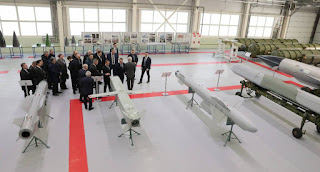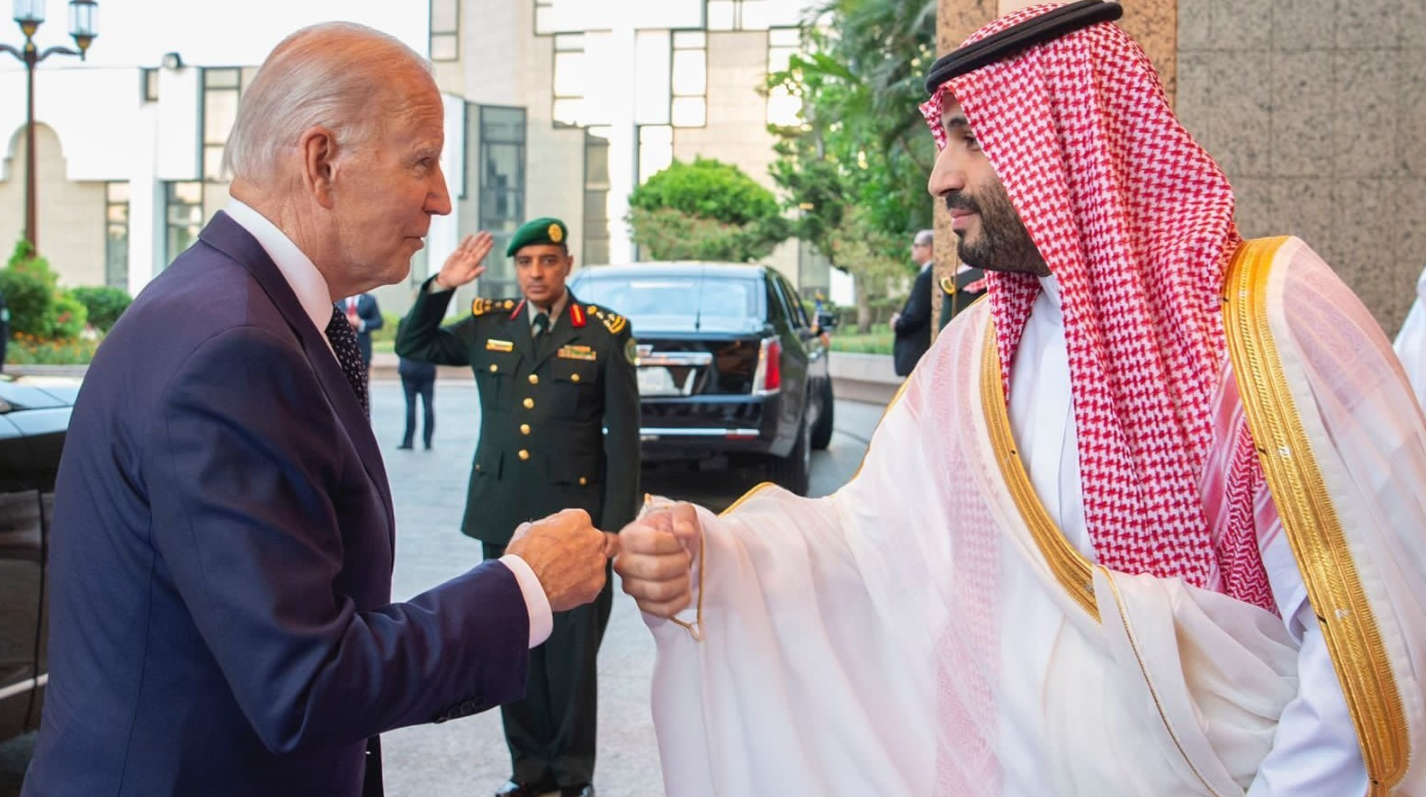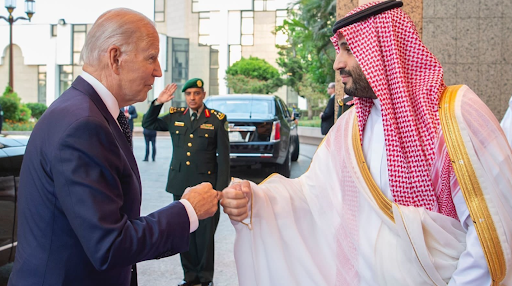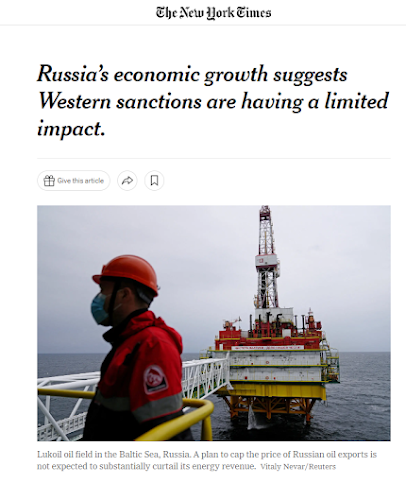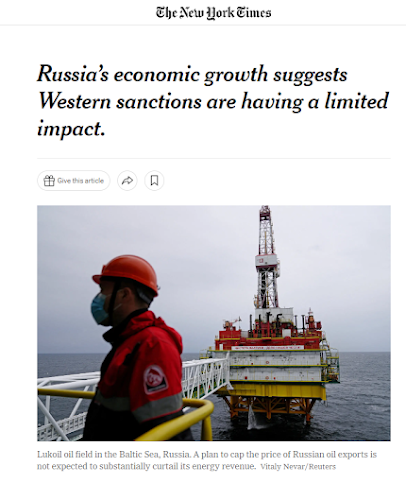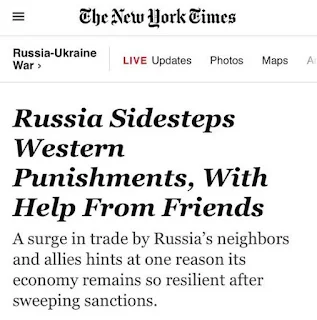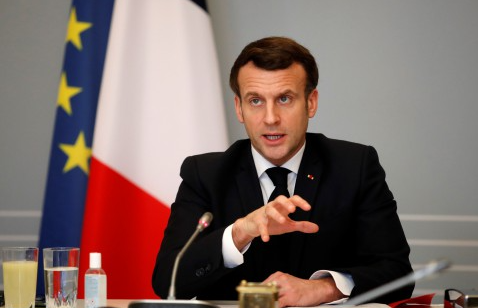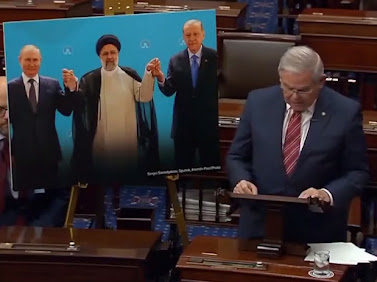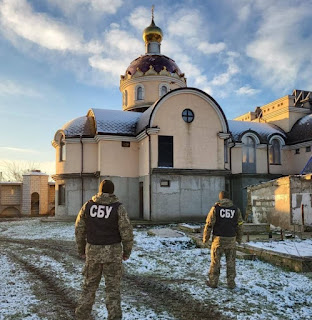
Politicians’ Micromanagement of the war in Ukraine is exacting a heavy cost
In contrast, when Ukrainian troops were loosing the battle in Mariupol, south of Ukraine, they were ordered to stay and fight. They stayed. The city was besieged and no one was able to escape. Those who did not die, an estimated 2000 Ukrainian troops, surrendered and were taken as POWs, some of whom were handed over in return for Russian POWs.

In an attempt to open a road for retreating troops, mechanized forces brought in heavy weapons, which exposed them to arial attacks. When these forces return to their defensive positions, such positions will be known and that will degrade their ability to launch counter attacks.
When Russian generals recommended retreat from some areas, the move was approved and the retreat took place quickly, minimizing losses.
The outcome of the war in Ukraine may not depend on how much weapons NATO can supply to Ukraine, but how many costly mistakes politicians would make managing battles.
Here is Zelenskiy's recent statement about the reported difference of opinion; he said there was no other opinion. If true, that would be troubling state of mind.















